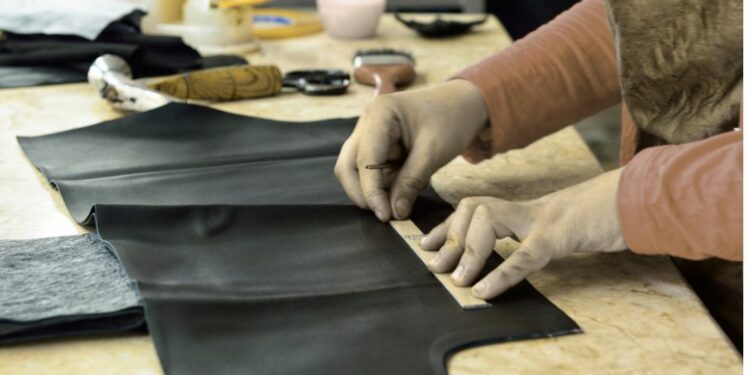A former director-general of the Nigerian Institute of Leather and Science Technology (NILEST), Prof. Mohammed Kabir Yakubu, has charged northern governors to develop the region’s leather industry.
He warned that Nigeria risks losing billions of dollars in potential export earnings.
Yakubu, who also chaired the National Leather and Leather Products Policy Steering Committee, made the call in a paper titled: “North’s Leather Wealth, Lagos’ Leather Dreams: A Call for Visionary Leadership.”
He said Lagos State, despite having no livestock base, recently launched an Industrial Leather Hub in Mushin, which is projected to generate N387.5 billion annually in export earnings.
He described the initiative as a “paradox” that underscores Lagos’ leadership and vision compared to the North’s underutilised livestock resources.
“The North has livestock abundance but scarce leadership. Lagos has livestock scarcity but abundant vision,” Yakubu said, urging northern leaders to replicate Lagos’s proactive industrialisation strategies.
Highlighting the global leather industry’s $400 billion value, Yakubu lamented that while Africa supplies about 30% of raw hides, it contributes only 6% of processed leather exports.
He pointed out that Morocco alone earns over $500 million annually from leather, much of it from the Sokoto red goat native to Nigeria.
During his tenure at NILEST, Yakubu said he established 23 leather training centres nationwide, initiated tannery reactivation programmes, and promoted international collaborations to build capacity and drive technology transfer.
He warned that Nigeria still exports over 90% of its leather in raw or semi-processed form, and more than 40 tanneries in Kano and Sokoto have closed in the past two decades.
To reverse the trend, he outlined measures including restrictions on raw hide exports, modernisation of abattoirs, rehabilitation of tanneries, development of industrial hubs, and inclusion of women and youth in leather clusters.
With these steps, he projected Nigeria could earn up to $4 billion annually from leather exports by 2030 and create up to two million jobs.
Yakubu also urged northern governors to establish Leather Value Chain Councils, support cooperative tanneries with financing and technology, and partner with Lagos and international hubs to strengthen the sector.
He concluded that the North must choose “vision over inertia” if Nigeria is to reclaim its place as a global leather powerhouse.



